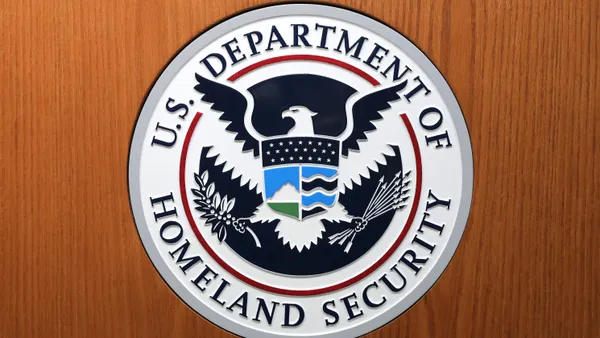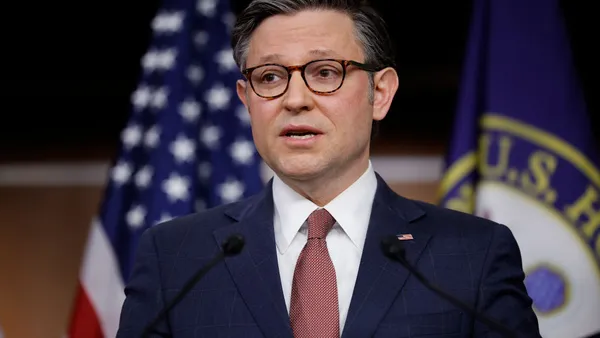Seniors vote, and most successful politicians cater to seniors. So when an issue like the college student loan debt crisis is shown to hurt retirees, is Congressional or presidential action sure to follow?
That’s a question raised by some of the facts uncovered in a report from the U.S. Government Accountability Office last week. While the GAO makes no recommendations in the report, it details how the student loan crisis has had serious consequences for seniors. Retirees who default on federal student loan debt can have their retirement security eroded because the debt generally cannot be discharged through a bankruptcy filing. The government can even claim their Social Security benefits to collect on the debt, pushing them below the poverty line.
Here are nine facts related to the student loan debt issues that affect seniors and may therefore influence reform efforts in Washington, D.C.
- Federal student loan debt for senior citizens — those age 65 and older — is more than six times higher today than eight years ago, rising to $18.2 billion in 2013 from $2.8 billion in 2005.
- The percentage of senior households that carry student loan debt is small when compared to younger households: 3%, compared to 24% for the households of people 64 and younger.
- Seniors age 65 to 74 default on federal student loan debt more than twice as much as younger borrowers: 27%, compared to 12% for borrowers ages 25 to 49.
- For older retirees, the default problem is even worse, with more than half defaulting on their federal student loan debt.
- The percentage of people age 65 or older with overall debt has also increased, to 43% in 2010 from 30% in 1998.
- In that same period, the median amount of debt has also increased for seniors, to $21,200 from $13,600, and the overall debt ratio for retirees — total debt divided by total household assets — has doubled, to 13% from 6.4%.
- Most of the federal student loan debt held by people age 50 and older was incurred for their own education: 73% for those age 50 to 64, 82% for people age 65 to 70, and 83% for people age 75 and older.
- Once the federal student loan payments have been delinquent for 425 days, the senior citizen borrower can have his or her Social Security benefits, tax refunds and other federal payments claimed in collection attempts.
- In 2013, about 33,000 borrowers age 65 and older had their Social Security benefits claimed to pay defaulted student loan debt.
While the $1 trillion debt figure is cited repeatedly by media reports on the student loan debt crisis, it may not be the size of the problem that triggers substantial reform by the U.S. Department of Education or Congress. If the catalyst for changes comes instead from a politically powerful group, look to the seniors to exercise their clout.
Would you like to see more education news like this in your inbox on a daily basis? Subscribe to our Education Dive email newsletter! You may also want to read Education Dive's look at 10 lessons learned from MOOCs.












